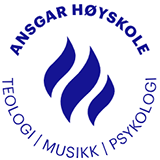Ansgar University College (Norwegian: Ansgar høyskole - AHS) is a private higher education institution in Norway, known for its education in theology, psychology, and leadership and church development. Here are some key information about Ansgar University College:
Overview
Founded: 1974
Institutional Nature: Private
Main Campus Location:
Oslo, Main Campus
Official Website: www.ansgar.no
History
Ansgar University College was founded in 1974 and was originally called Ansgar Seminarium.
In 2005, the school was awarded university college status and changed its name to Ansgar høyskole.
The "Ansgar" in the school's name comes from the medieval missionary Saint Ansgar, who was one of the pioneers of the Christianization of Northern Europe.
School Strength
AHS has about 300 students and about 50 faculty and staff.
Offers undergraduate and master's level courses covering a variety of subject areas.
Enjoy a good reputation in the fields of theology, psychology, leadership and church development.
The school cooperates with many church organizations, community service agencies and enterprises to provide students with internship and employment opportunities.
Educational philosophy
Emphasize the combination of theory and practice, and encourage students to develop skills through practical projects and case studies.
Focus on interdisciplinary cooperation, especially collaboration between different majors.
Attach importance to international education, recruit international students, and provide courses taught in English.
Committed to cultivating talents with social responsibility and professional qualities.
Subject settings
Undergraduate courses (Bachelor's degrees):
Theology
Psychology
Master's degrees (Master's degrees):
Leadership and church development
Master's courses in other related fields
Courses taught in English:
Most master's programs are taught in English to attract international students.
Professional direction
Theology: Covers biblical studies, church history, systematic theology, practical theology, etc.
Psychology: Including clinical psychology, developmental psychology, social psychology, etc.
Leadership and church development: Focus on church management, leadership development, congregation growth strategies, etc.
Campus
Oslo Campus:
Located in the center of Oslo and the surrounding area, it is conveniently located.
The campus has modern teaching facilities, libraries, laboratories and social spaces.
Mainly concentrates on most educational and research activities.
International Cooperation
AHS actively participates in international exchange programs and has established cooperative relationships with many higher education institutions around the world.
Provide exchange student programs to promote students' international vision and cultural exchange.
As a member of the European Theological Education Association (ETEA) and other international organizations, AHS plays an important role in international theological education.
Expenses
For EU/EEA students, AHS is usually free, but a small registration fee is required.
For non-EU/EEA international students, tuition fees vary depending on the major, generally between 6,000 and 14,000 euros per year. The specific fees should be consulted directly with the school or visit its official website for the latest information.
In terms of living costs, the cost of living in Oslo is relatively high, but you still need to consider the costs of accommodation, food and personal expenses.
Application requirements
Applicants usually need to have a high school diploma or equivalent.
For Master's programmes, a bachelor's degree in a relevant field is usually required.
You will need to demonstrate your interest in your chosen subject and your suitability for a career in this field by passing an entrance exam or interview.
The English language proficiency requirement is usually B2 level (according to the Common European Framework of Reference for Languages CEFR), although some programmes may require higher levels.
-
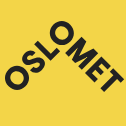
OsloMet - Oslo Metropolitan University
-
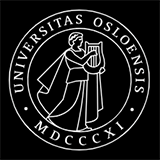
University of Oslo
-
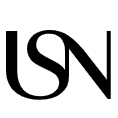
University of South-Eastern Norway
-
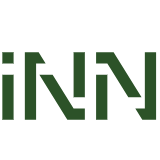
University of Inland Norway
-

Nord University
-
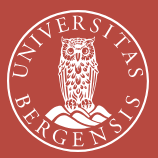
University of Bergen
-
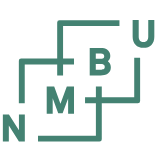
Norwegian University of Life Sciences
-

University of Stavanger
-
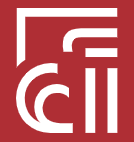
University of Agder
-
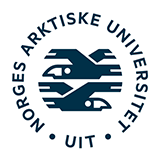
University of Tromsø
-

Mesoamerican University
-

Istmo University
-

Mariano Galvez University of Guatemala
-

Regional University of Guatemala
-

Galileo University
-

Francisco Marroquín University
-

Rafael Landívar University
-

University of the Valley of Guatemala
-

University of San Carlos of Guatemala
-

Technological Institute of Tlaxcala Plateau
-

Golfo University
-

Technological University of South Sonora
-

Technological University of Huejotzingo
-

Tizimín Institute of Technology
-

Chilpancingo Institute of Technology

